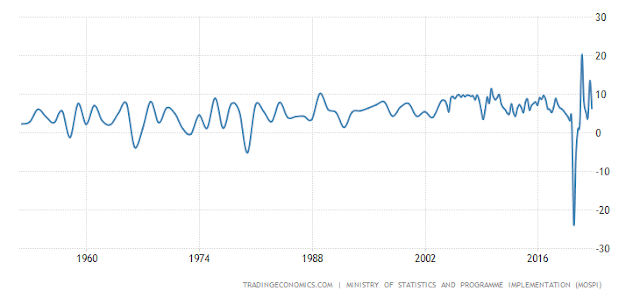How to multiple your money in two simple steps ?
How to multiple your money in two simple steps ? If the Power of Compounding is the Eighth wonder of the world, then doubling your investment has become a Scam today. There are so many ponzi schemes roaming around the world today as i multiply my hard earned money. Despite the warning and awareness information coming from the Government, we need to be vigilant ourselves. We have seen the advertisement like, 'We will double your money in a few months, so that invest in our company'. If someone asked how they can double in a few months, they are telling that the money would invested in Stocks, Traded in Dollars, Buying Gold or Putting in a Real Estate. If there really was such a simple opportunity, how it could be easily available in the public ? It is the middle income people who are really caught up in the scam. These are the ones who get caught up in making money fast in the Short term. Bank Rates can fluctuate and so does Gold and Real Estate Investments. There is no word to...
